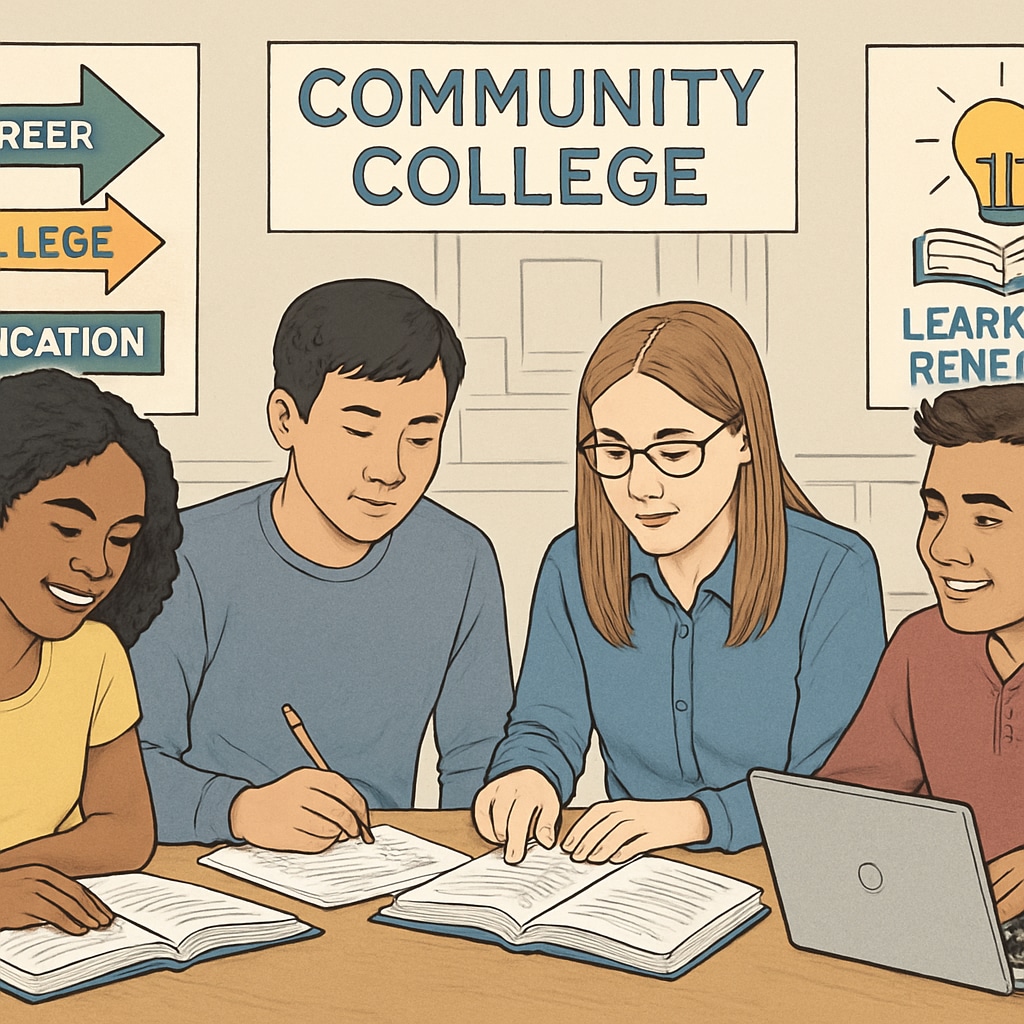For many individuals, earning a modified high school diploma can feel like a bittersweet achievement. While it signifies the completion of high school, it may also carry limitations that lead to regret later in life, especially when reflecting on past academic choices or a lack of effort during school years. However, the good news is that this does not have to be the end of the road. With careful planning, determination, and available resources, individuals can successfully transition from a modified diploma to a more conventional pathway, enabling greater opportunities in education and career advancement.
What Is a Modified Diploma, and Why Might It Lead to Regret?
A modified diploma typically caters to students who have specific learning needs or challenges that prevent them from meeting the standard graduation requirements. While this diploma is designed to provide an alternative route to high school completion, it may not always be viewed as equivalent to a traditional diploma. As a result, individuals holding a modified diploma may face barriers when applying to universities, training programs, or certain jobs.
Many people feel regret about their modified diploma, often because they associate it with “not trying hard enough” or “not being serious about academics” during high school. These feelings can be compounded by external factors such as societal perceptions or limitations in educational and career options. However, it is important to recognize that these setbacks are not insurmountable. With the right approach, you can address these challenges and create new opportunities for yourself.

Steps to Transition from a Modified Diploma to a Traditional Pathway
If you are looking to move beyond the limitations of a modified diploma, there are several actionable steps you can take to reshape your educational and professional future:
- Research GED or High School Equivalency Programs: Many states and countries offer GED (General Educational Development) programs, which are widely recognized as equivalent to a traditional high school diploma. Earning a GED can open doors to higher education and job opportunities.
- Consider Community Colleges: Community colleges often have more flexible admission requirements and can serve as a stepping stone to a four-year university. Some may even accept students with modified diplomas and provide pathways to further education.
- Explore Vocational Training: Vocational or technical schools offer specialized training in various fields and may have programs that accept modified diploma holders. This can lead to certifications and stable career opportunities.
- Seek Support from Academic Counselors: Connect with academic advisors or counselors who can evaluate your situation and recommend specific steps to achieve your goals.
- Build a Strong Portfolio or Resume: Highlight your skills, accomplishments, and experiences to demonstrate your potential to employers or educational institutions, even if your diploma is nontraditional.
Taking these steps requires commitment and a willingness to invest time and effort, but the long-term benefits are worth the effort.

Overcoming Regret and Building Confidence
It is natural to feel regret about past academic decisions, but dwelling on the past can hinder progress. Instead, focus on what you can control moving forward. Here are some strategies to help manage regret and build confidence:
- Accept Your Past Choices: Recognize that everyone makes mistakes or faces challenges. Accepting your past decisions allows you to focus on improving your future.
- Set Clear Goals: Define specific, achievable goals that align with your aspirations. Whether it’s enrolling in a GED program or pursuing a certification, having a goal gives you direction.
- Celebrate Small Wins: Acknowledge every milestone, no matter how small. This can boost your confidence and motivate you to keep going.
- Seek a Support System: Surround yourself with friends, family, or mentors who encourage and support your journey.
- Invest in Personal Development: Consider taking online courses, attending workshops, or engaging in activities that build your skills and knowledge.
Future Opportunities Await
The journey from a modified diploma to a more traditional path is not without its challenges, but it is achievable with determination and the right resources. Remember, your diploma does not define your potential; your actions and mindset do. By taking proactive steps and focusing on personal growth, you can create a fulfilling and successful future despite past setbacks.
For further information on educational pathways, visit trusted sources such as the GED program on Wikipedia or the Community College overview on Britannica.
Readability guidance: The content is structured with short paragraphs and lists for clarity. Active voice is prioritized, and transitional phrases are used to maintain flow. Images are strategically placed to enhance engagement and relevance.


